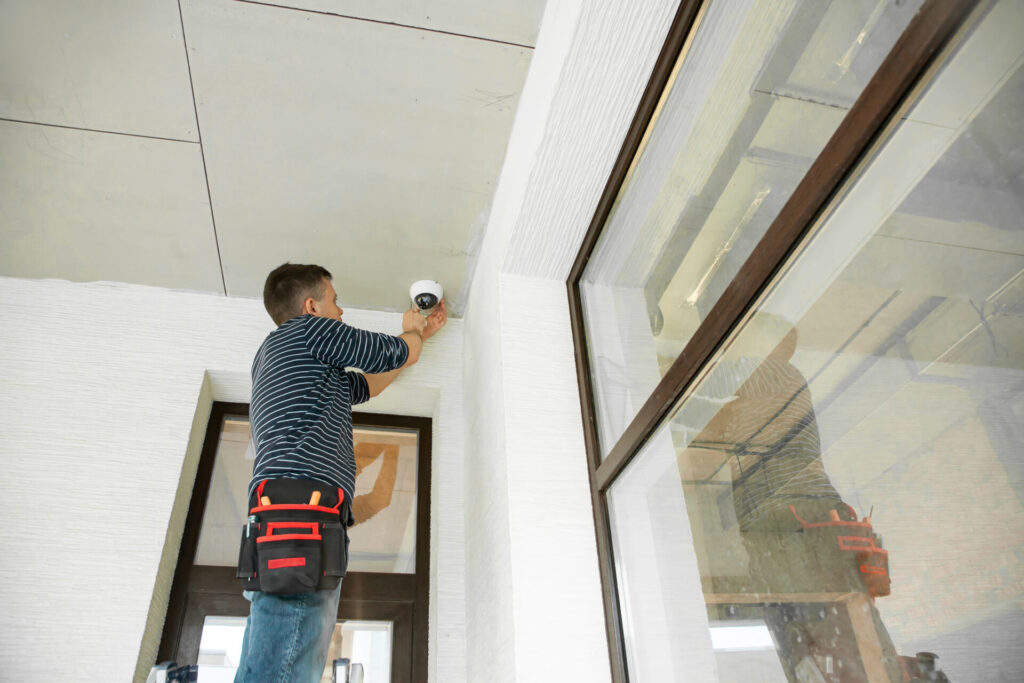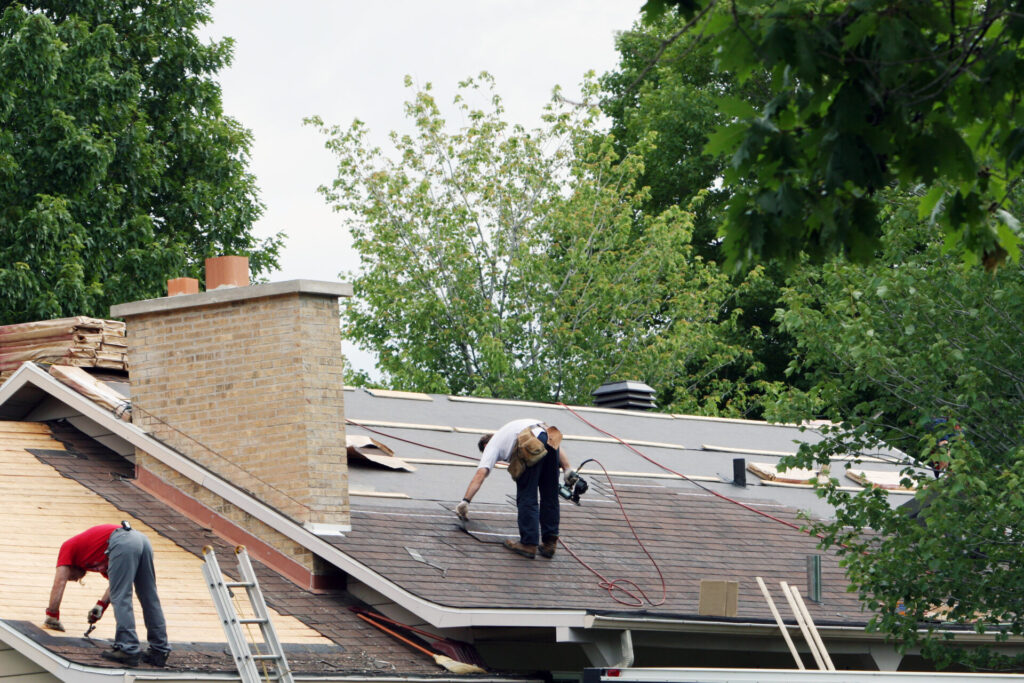Are you considering renovating your home? Whether you’re planning to upgrade your kitchen, add an extra bedroom, or spruce up your backyard, it can be an exciting and rewarding experience. However, before you start tearing down walls or picking out new fixtures, it’s important to understand the potential risks and benefits.
That’s why we spoke with CAA’s Elliott Silverstein, Director Of Government Relations (Insurance), to get expert insights on what you need to know before embarking on your home renovation journey. We’ll answer questions from our Members about investing in your home with renovations and share practical tips to help you make informed decisions.
What are some of the key things homeowners should consider when it comes to renovations and the value of their homes?
Think about why you are doing the renovation in the first place. Some things, like a pool, are great for lifestyle but may not add value to a home. If you’re taking on big projects, like a roof, do your homework on the best products and contractors. Roofs are a costly undertaking that is necessary, not a nice-to-have when ensuring your home retains its value.
Prioritize the must-haves against the nice-to-haves. For example, new windows can lower heating costs. A sump pump can also be a lifesaver in preventing water damage in the basement. Many home insurance companies offer discounts if a sump pump is installed because it’s a preventative measure.
If you have a laundry list of renovations, make sure you’re investing in things that do more than upgrade the cosmetics.
What are some of the best home renovations?

If you don’t already have them, invest in fire alarms, CO2 detectors and sprinkler systems. Upgrading to a hardwired system means they’ll last longer and can work with a smart home system. And although they use electricity, they have backup batteries in case of blackouts. Smoke alarms and CO2 systems improve your home’s safety enormously.
Get a security system. Often, insurance providers consider homes with an installed security system a lower risk. So, if you’re installing one, let your insurance company know; it could lower your premiums. A security system can reduce the risk of theft or burglary.
Smart home systems are becoming commonplace, especially in new builds, so many people looking to buy a home have come to expect it. They can send updates to your phone and be programmed to remotely set temperature and security systems.
What about the exterior of a home?

Updating your home’s exterior is a great way to boost curb appeal and increase your resale value. But did you know replacing your roof, siding, or even windows and doors can save you money in the long run?
You may be updating your home’s exterior because you’re ready for a new look or because it’s time to fix up holes or cracks that have happened over time. Either way, new siding helps keep your home at a consistent temperature, as it doesn’t allow the cold air from your air conditioning or the warm air from your furnace to escape. New windows and doors also help you save on heating and cooling.
When it comes to your roof, it is always better to replace it before you need to. Getting your roof re-shingled helps protect your home from leaks and water damage. Plus, a new roof can also reduce heating and cooling costs.
What should you do before you even get started?
Plan and do your research. Do you need a permit? You want to avoid getting halfway through an addition you thought wouldn’t require municipal permissions only to find out you must remove it all and possibly pay a fine.
To that point, make sure your renovations follow building codes. Codes are in place for a reason, foremost being building safety and your personal safety. Plus, a poorly thought-out renovation that doesn’t meet the code will negatively impact your resale value.
Call CAA insurance before you get started. Major renovations may require certain kinds of insurance. While no specific renovations guarantees savings on premiums, an insurance agent can also do a complimentary policy review to discuss the best way to maximize savings. Plus, CAA Members save 10% on CAA Home Insurance policies.
Auto and Property Insurance is underwritten by CAA Insurance Company. Certain conditions, limitations and underwriting guidelines apply.
*To qualify for the discount, you must be a current CAA Member in good standing (CAA Membership dues paid in full by membership expiry date).
® CAA trademarks are owned by, and use is authorized by, the Canadian Automobile Association.

